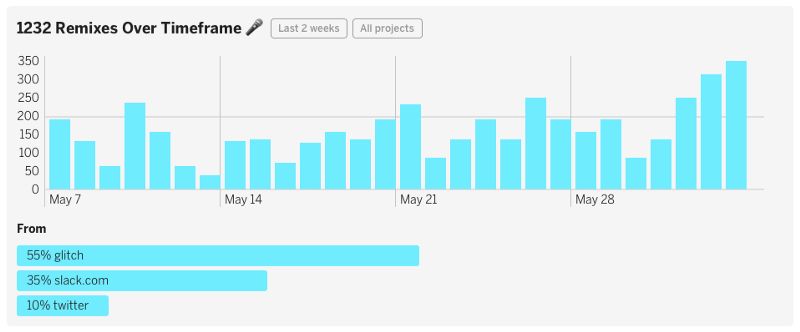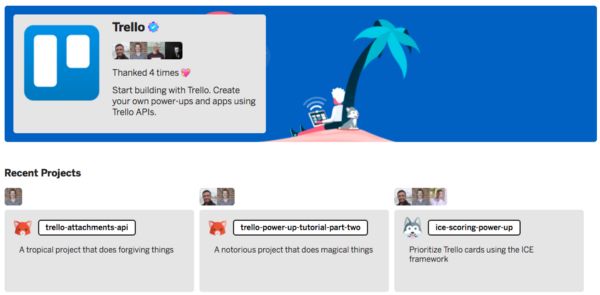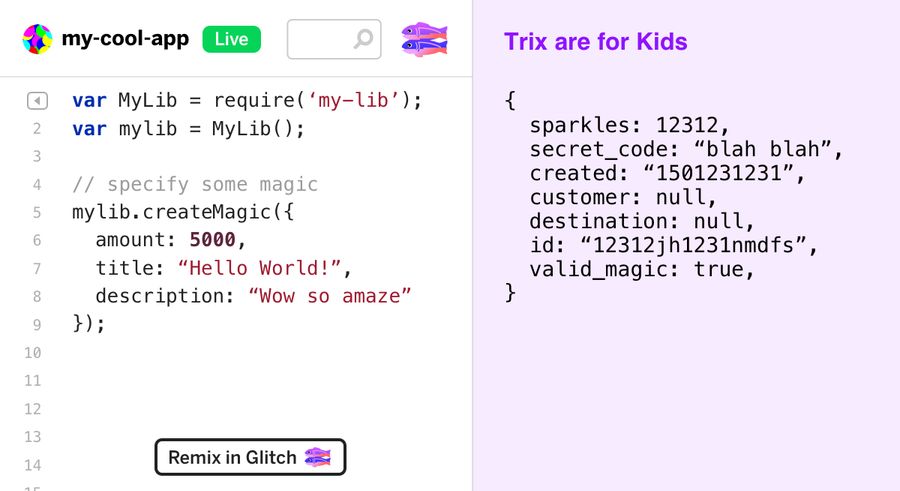It’s time to get serious about Developer Relations
If you do developer relations or evangelism, you’re probably great at your job. You’re talking to coders, getting out in the community, building relationships. But does the rest of your organization value that work as much as they should?
A lot of smart people are thinking it’s time for Dev Rel to grow up, and we agree. All of us who give a damn about developer relations need to get a lot louder and more aggressive about the business value of what we do. And that means tackling the ROI question head-on: **Can you **
For a lot of Dev Rel people, really proving a return on investment is, well, a pain in the ass. If what you’re doing is working, explaining Dev Rel success can feel like a waste of time. Why spend precious time proving what you already know is the right thing to do? If your efforts haven’t worked yet, then metrics can be even more scary — why show your peers data on something that hasn’t clicked?
The answer is simple: Good metrics can help Dev Rel get the same respect, support and resources that Sales, Marketing and Support already take for granted. You deserve the tools you need to get the Dev Rel job done.
But so far, we haven’t had good metrics or return on investment for Dev Rel because **it’s a really tough problem. **This is obvious when we see so many of our most talented peers discussing it in their conference talks and blog posts. Fortunately, they all reach a pretty strong consensus about what’s needed.
The key is to find the metrics that matter. Ones that help you make smart decisions about your Dev Rel strategy. This is exactly what we designed Glitch for Platforms to deliver.
We built Glitch for Platforms directly into Glitch itself so that you can understand how many developers have tried your API examples, how many devs created their own apps using your API and where these developers came from. These are “conversion events” — the equivalent of when an e-commerce shopper adds something to their cart. They’re the steps to a measurable, valuable outcome and Glitch for Platforms lets you track them over time.
Now you can finally prove the value you provide, help refine developer experience, improve success rates and demand the budget you deserve.

You can get started with Glitch for Platforms by using our free plan. (It’s really FREE. And it’s going to stay free.) We provide a range of brand-new tools for your team to start helping developers today. Like:
- Live, real-time pair programming with coders who try your platform, so you can help them before they get stuck and abandon your API
- **A ** you can drop anywhere you want devs to try your code so that they can instantly clone one of your sample apps and be up and running with it in seconds.
- And soon, we’ll have live, editable code that you can embed directly in your docs, how-to articles and blog posts.

When you’re ready to double-down and radically improve Developer Experience, you can. Our advanced Team and Business features help you grow your dev community.
There’s an actionable analytics tool, so you can show your boss real results. Teams and Business users can also have private projects, perfect for turbo-charging your workshops, hackathons and training sessions with reusable examples and starter projects. (Imagine a hackathon with no wasted time setting up dev environments or hosting!) All of this connects to the Glitch help feature, letting you answer developer questions about code as they arise — even during remote events, like virtual conferences and live webinars.
The whole thing starts with you curating sample projects created by your team or community on your very own Gallery page. You’ll drive adoption of your API by providing quickstart apps that get people building, app blueprints to simplify third-party integrations, and live demos to show off the full power of your platform.
And we’re not done yet. All of these features are evolving quickly, which means that soon, a developer only has to land on your page to get started with your API.
This is why Glitch for Platforms is already being used by some of the most innovative developer platforms in the world, like Slack, Facebook, Trello, Botkit, and Algolia.
So, it’s time. You’ve been doing the hard work of Dev Rel, now the rest of your organization—and the rest of the industry—needs to gets behind the movement, too. All we need to make it happen is to embrace some basic analytics and accountability, to help communicate the business value of Dev Rel. Today, Glitch for Platforms is here to help with exactly that.
We’ll be watching to see how the Dev Rel community keeps fighting for the respect and support it deserves, and doing everything we can to help. And all of that stands behind what you care about most: helping developers succeed with your API.

